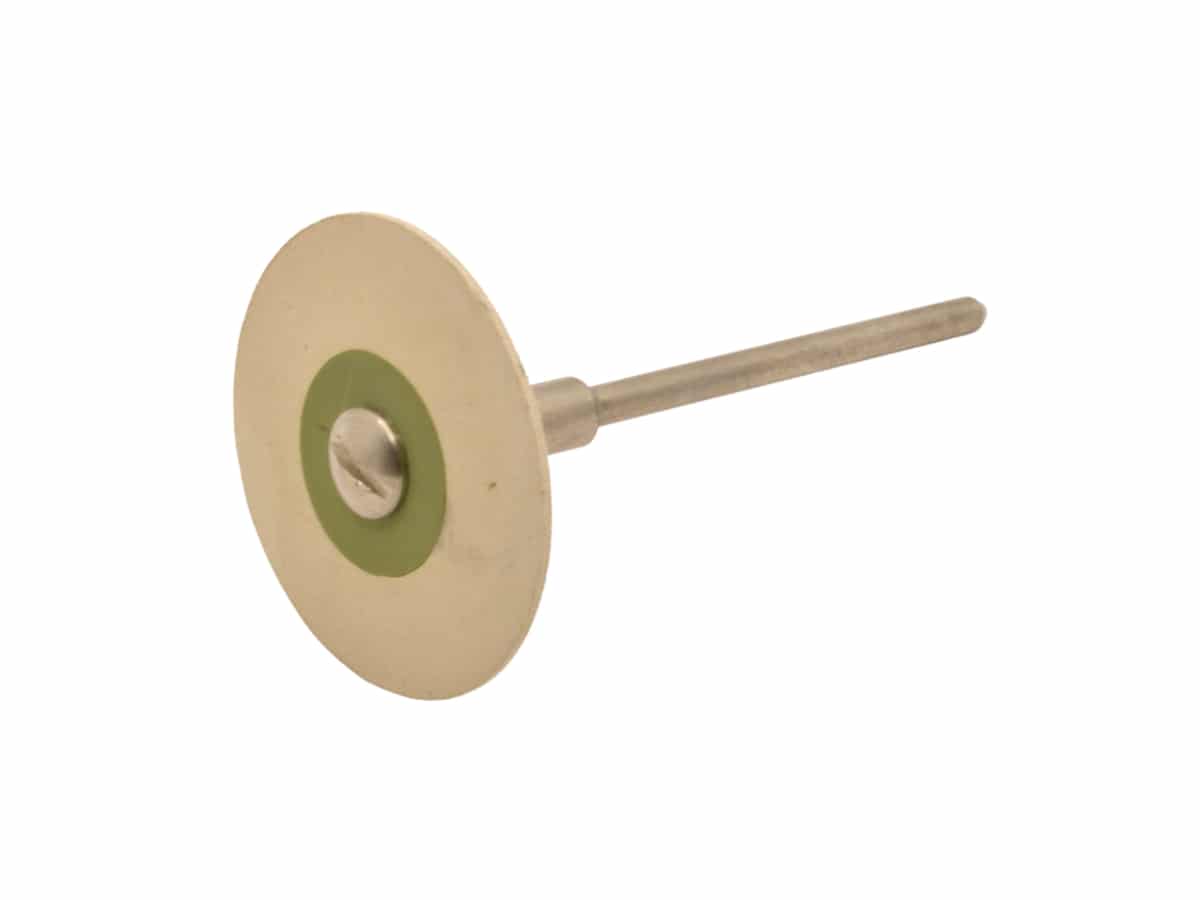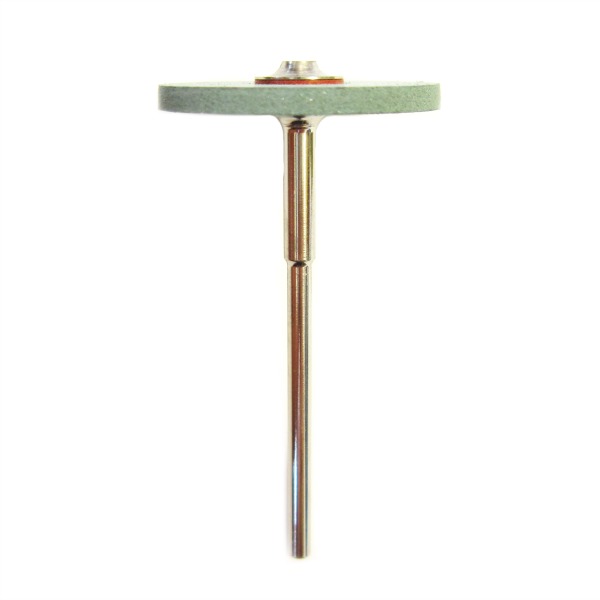At Moleroda, we supply Rubber Diamond Polishing Wheels engineered for precision finishing where surface quality matters most. Their soft, flexible rubber bond ensures smooth cutting action, reduced vibration, and a superior high-gloss finish across metals, ceramics, and glass.
Along with Ceramic Diamond Polishing Wheels, these are a great cost-effective alternative to Ceragloss Diamond Edenta Polishing Wheels.
If you’re unsure whether to choose rubber or ceramic diamond wheels, read our Rubber vs Ceramic Diamond Polishing Wheels Blog for a full comparison.
Key Features
-
Flexible rubber-bonded wheels for controlled polishing
-
Low heat generation protects delicate materials from damage
-
High diamond grit concentration for consistent finishing quality
-
Ideal for low-pressure, precision applications
Benefits
-
Achieve mirror-like finishes on metals, jewellery, dental tools, optics, and glass
-
Minimises operator fatigue with reduced vibration
-
Perfect for delicate edges and complex shapes
-
Reliable & consistent performance across multiple polishes
Applications
- Tool & Die Finishing: Engineering applications requiring smooth edges
- Jewellery & Watchmaking: High-gloss polishing of precious metals
- Dental & Medical Tools: Zirconia and porcelain restorations
- Optics & Glass: Scratch-free precision polishing
FAQs
Q: What materials can Rubber Diamond Polishing Wheels be used on?
A: Metals, ceramics, glass, dental tools, and intricate components.
Q: Do they require coolant?
A: No, rubber wheels generate minimal heat, so coolant is usually unnecessary.
Q: Are they suitable for heavy stock removal?
A: No, these wheels are designed for fine finishing rather than aggressive grinding – You might be better off using Ceramic Diamond Polishing Wheels in this case.
Blogs
Rubber vs Ceramic Diamond Polishing Wheels: A Complete Guide to Choosing the Right Tool
Choosing between Rubber Diamond Polishing Wheels and Ceramic Diamond Polishing Wheels depends on whether you [...]
Sep










